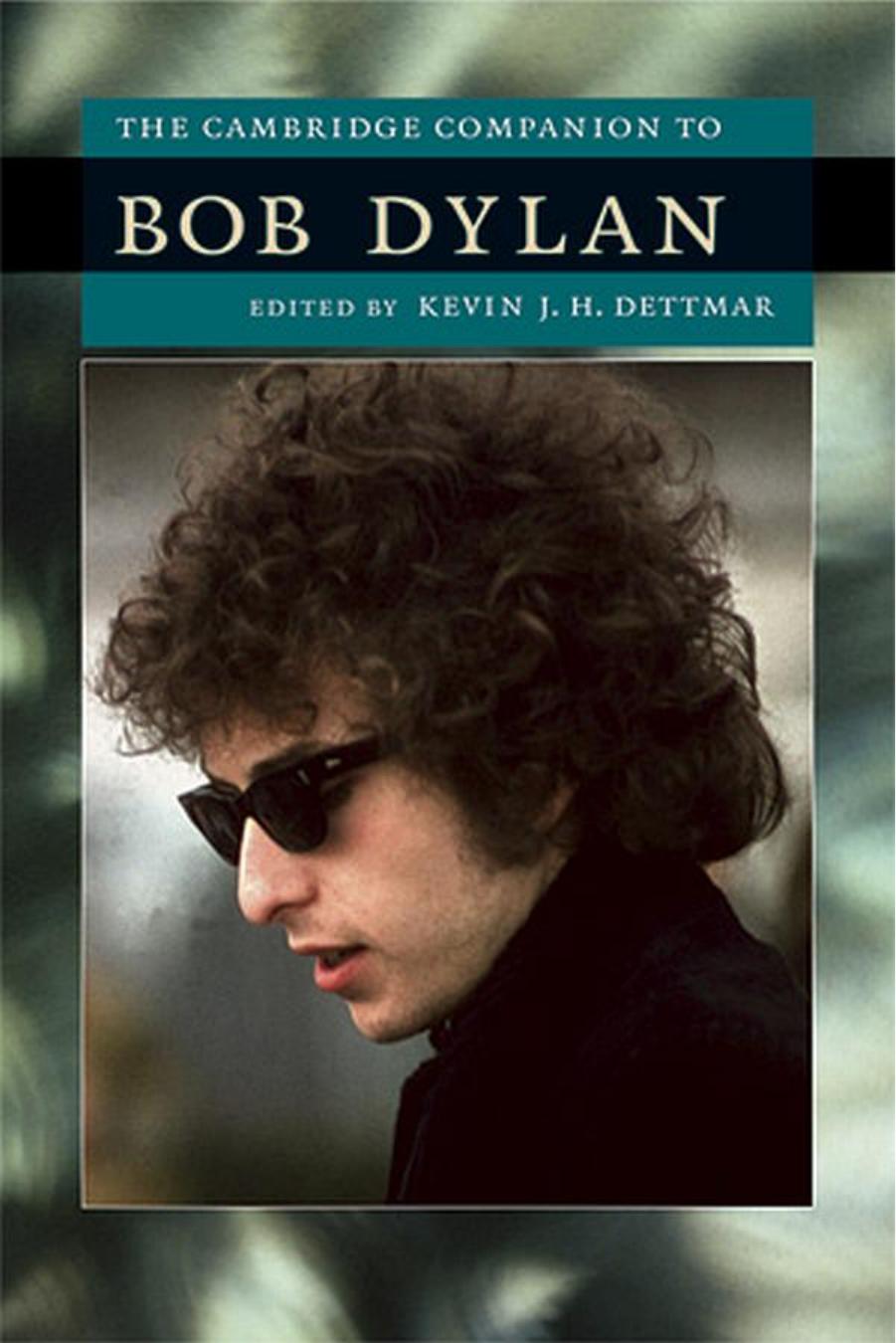The Cambridge Companion to Bob Dylan by Kevin J. H. Dettmar

Author:Kevin J. H. Dettmar [Dettmar, Kevin J. H.]
Language: eng
Format: epub, pdf
ISBN: 9781139801812
Google: 0W-ezQEACAAJ
Publisher: CambridgeUP
Published: 2009-11-15T00:02:18.659522+00:00
7 Bob Dylan and religion
R. Clifton Spargo and Anne K. Ream
By the late 1970s Bob Dylan had made his Christian turn, and many who had been accustomed to claiming him as free-thinking protest singer and prophet of modern peace felt betrayed. Among them was the music critic Michael Goldberg. Writing for the New Musical Express, Goldberg decried the sudden simplicity of Dylanâs view of the world, comparing it to the beliefs of cultists who had gained so much attention throughout the 1970s. âWhere are the de-programmers when we really need them?â he asked. Not lost on Dylan was the irony that many of his staunchest critics were former devotees, people whoâd responded to the secular verve of his music in a religious spirit, tapping him as their very own social prophet (see Marcus, âAmazingâ). At a 1979 concert during the tour for Slow Train Coming, his first album of gospel music, Dylan remembered how his critics had tried for years to tell him he was a prophet and overridden all his objections to the contrary, until one day heâd come around and declared Christ to be the answer â whereupon they turned on him, saying, âBob Dylanâs no prophet.â A great many admirers found themselves excluded by the line Dylan was drawing between those with faith and those without, but in fact heâd always been drawing lines, many of them based on his loose and ever-changing concept of faith.
Dylanâs turn to evangelical Christianity is one of the two most controversial episodes of the singerâs sometimes infamous, often legendary biography; the other is his so-called rejection of the folk movement on the July day when Dylan went electric at the 1965 Newport Folk Festival and got booed for his troubles. What connects the two is conversion: in the first case a transition in musical style perceived as an ideological rift, in the second a revolution in personal consciousness perceived by many as having deleterious effects on his music. Nowadays most Dylanologists view his âChristian phaseâ as but one more example of Dylanâs brilliant eccentricity. Nevertheless, just as Dylanâs electric conversion and improvisational invention of âfolk rockâ brought to the surface influences that he insisted were always implicit in his person and music, so too his Christian or overtly religious phase, even apart from the views we may take on the specific credo espoused in the lyrics, realized an aspect of the music heâd been producing for two decades. In these songs he gave expression lyrically and melodically to a rock heritage that was dependent not only on black blues but on its heretic cousin, the gospel blues, each of which was also a folk genre, even as he mined the predominantly white folk movement for its traditional country ballads running back through Appalachia, and before that Scotland or Ireland, to religious hymns. In this chapter we presume a certain degree of religious consciousness in all of Dylanâs music, even as we explore Dylanâs varying attitudes toward the function of religion in culture.
Download
The Cambridge Companion to Bob Dylan by Kevin J. H. Dettmar.pdf
This site does not store any files on its server. We only index and link to content provided by other sites. Please contact the content providers to delete copyright contents if any and email us, we'll remove relevant links or contents immediately.
Machine Learning at Scale with H2O by Gregory Keys | David Whiting(4280)
Never by Ken Follett(3917)
Harry Potter and the Goblet Of Fire by J.K. Rowling(3834)
Unfinished: A Memoir by Priyanka Chopra Jonas(3361)
Fairy Tale by Stephen King(3352)
The Man Who Died Twice by Richard Osman(3054)
Will by Will Smith(2891)
Rationality by Steven Pinker(2339)
It Starts With Us (It Ends with Us #2) by Colleen Hoover(2316)
Can't Hurt Me: Master Your Mind and Defy the Odds - Clean Edition by David Goggins(2309)
The Dark Hours by Michael Connelly(2289)
The Storyteller by Dave Grohl(2210)
Friends, Lovers, and the Big Terrible Thing by Matthew Perry(2208)
The Dawn of Everything: A New History of Humanity by David Graeber & David Wengrow(2177)
The Becoming by Nora Roberts(2177)
The Stranger in the Lifeboat by Mitch Albom(2103)
Cloud Cuckoo Land by Anthony Doerr(2079)
Love on the Brain by Ali Hazelwood(2046)
Einstein: His Life and Universe by Walter Isaacson(1996)
